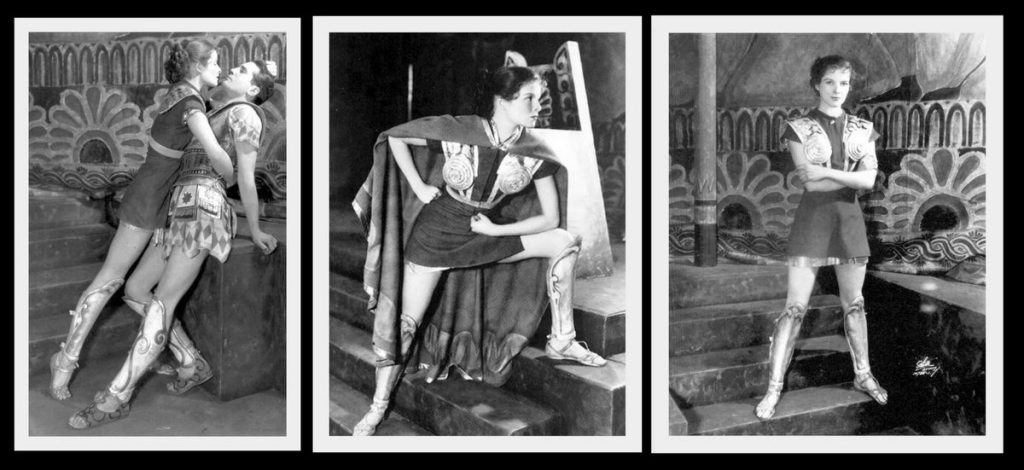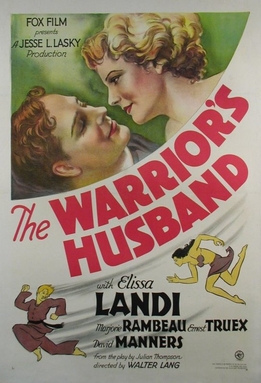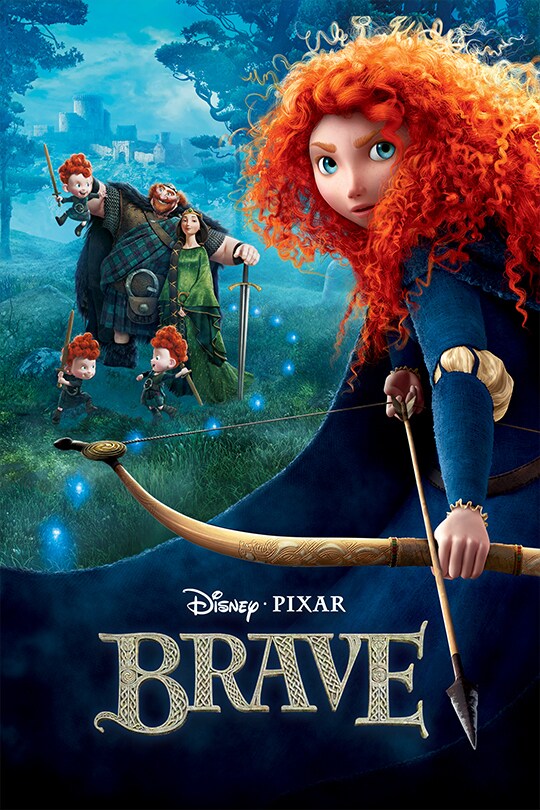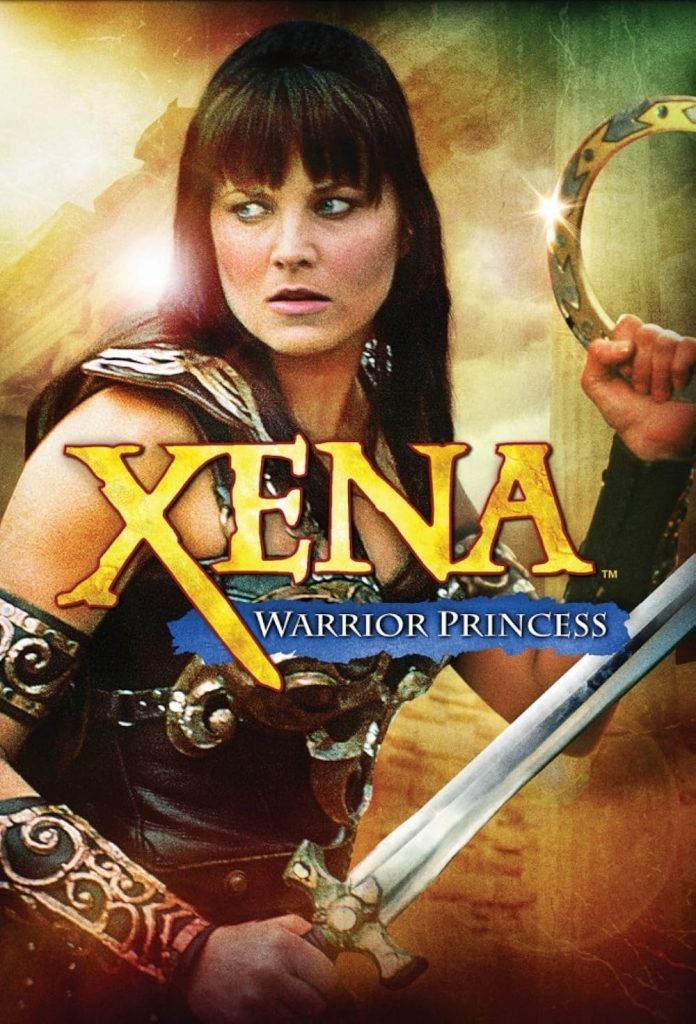The development of the meaning of Amazons evolves far after the rise and fall of Athens to encompass more than a symbol of the Other. Amazons have reached a compelling place in modern societal thought of being of two worlds, past and present, once more. The term suggests the power of representation the Amazons have on different identities in cultural history while emerging as its defining term. It is this flexibility and influence that, ironically, Athenians could not dare imagine for themselves or the very creatures they suppressed.
Amazon: a Defining Term
The analysis of the Amazons in this new light would not be possible without the feminism wave in the 1960s, and as history is constantly evolving with the present, only in retrospect can there be a critical evaluation of the significance and implications of the Amazon image. With this in mind, it is reasoned to believe that the meaning of the Amazons has come to present an alternative model of strong-willed individuals, both fictitious and real, going against the societal norm.
amazon; noun
- capitalized: a member of a race of female warriors of Greek mythology
- often capitalized: a tall, strong often masculine woman
www.merriam-webster.com/dictionary/amazon
Modern uses of the word “Amazon” are typically understood to be a descriptive term to characterize women known to be free-spirited, independent, and confident, in simpler terms. Some people see this word as neither good nor bad when describing women. Others may take personal offense, thinking of the more stereotypical way to describe Amazon as being wild and competitive and sometimes alluding to her strong figure. The polarizing attitudes toward being called an “Amazon” show how the Amazons continue to be such an intriguing topic in past and present times.
Amazons in Pop Culture
In the 1920s, the idea of the Amazons as untamed female warriors reached modern viewers with the play The Warrior’s Husband and an eventual Hollywood movie based on the same name. The story plays male and female role reversal in Athens and ends with Antiope realizing the “value” of masculine leadership and conceding control to the “real” men. Of its time, the play launched Katherine Hepburn, who played the daring and mysterious Antiope, into stardom and reignited common interest in the Amazons and the Greek world.



Another popular direct connection to the Amazons is a 1995 television series, Xena the Warrior Princess, which follows Xena as she looks to redeem herself from her past sins by using her fighting skills to aid the defenseless. The show gained widespread success, running for six seasons, delving into Xena’s character as she forms close bonds with a farm girl turned Amazon warrior and learns to recognize her ability to help others. Loosely based on Greek myth and prominent historical sites, Xena became a pivotal narrative in Amazon’s cultural canon.
Furthermore, there appears to be a pattern of recurring themes throughout history on how the image of the Amazon is used to reveal or forward specific implications about societal roles, especially those that are female-centered. There is one of the most popular representations of the Amazons in recent years with Wonder Woman, a superhero born in Themyscira whose background is elaborated on extensively in comics and film franchises.
Other female figures embodying the modern concept of Amazon characteristics are Katniss Everdeen from The Hunger Games, Merida from the Pixar film Brave, and Disney’s Mulan. These female characters, Xena and Wonder Woman especially, embody the heightened realities of the Amazons. The creators accentuate these characteristics of having extraordinary fighting skills and caring for the greater good. These characters are outsiders to the normative society when their stories are introduced. Still, they appear to stay true to their identity while they take action when needed and find camaraderie in found families. These characteristics resemble the Amazons in the Archaic period more closely than the stereotypical Amazons from Athens.


Amazons Beyond the Greek Myth
Personal anecdotes surveyed from various anonymous responses suggest the endless possibilities of the connections of the Amazons to the modern day beyond contemporary media. Participants were asked various questions ranging from their basic understanding of the Amazons in Greek mythology to what they believe the Amazons represent.
The majority of the responses consider any female soldier, or more broadly, “any woman fighting against the patriarchy,” as a strong connection to the Amazons in the modern day. Interestingly, those who chose to provide descriptive tags regarding any female in the military picked soldiers such as those in the Colombian army, Middle East, and Africa fighting for their rights. In today’s era, the idea of female warriors fighting for their autonomy and way of life appears to be the most important aspect of the Amazons compared to what they represented in the past. The duality of these Amazons being both women and warriors, taking on the typical responsibilities that come with these titles, such as being a mother while having the time to fight, exemplify an encouraging shift in the portrayal of a capable woman against dominating forces of outdated customs and beliefs from ancient civilizations long past their prime.
A hypothetical scenario was posed, asking participants to come up with one question they would like to ask the Queen of the Amazons if they ever had the chance to meet her. These were some of the following responses:
- What is the role of men in your society?
- Did being an Amazon hinder your ability to be a mother?
- How did you handle family life and fighting?
- How can we make a world like yours, where people live harmoniously?
- What would you consider the main traits that define an Amazon?
These questions bring the symbol of the Amazons into the 21st century, where it is less about an Amazon’s ability to fight in battle or their identity about living in a world different than the norm. It becomes more about how the Amazons balanced their traditional maternal roles as a mother while governing, providing for their family, and more. The Amazons are becoming more about how they challenged the status quo by staying true to their identity and way of life from ancient times and how these actions can be transferrable to the modern day.
